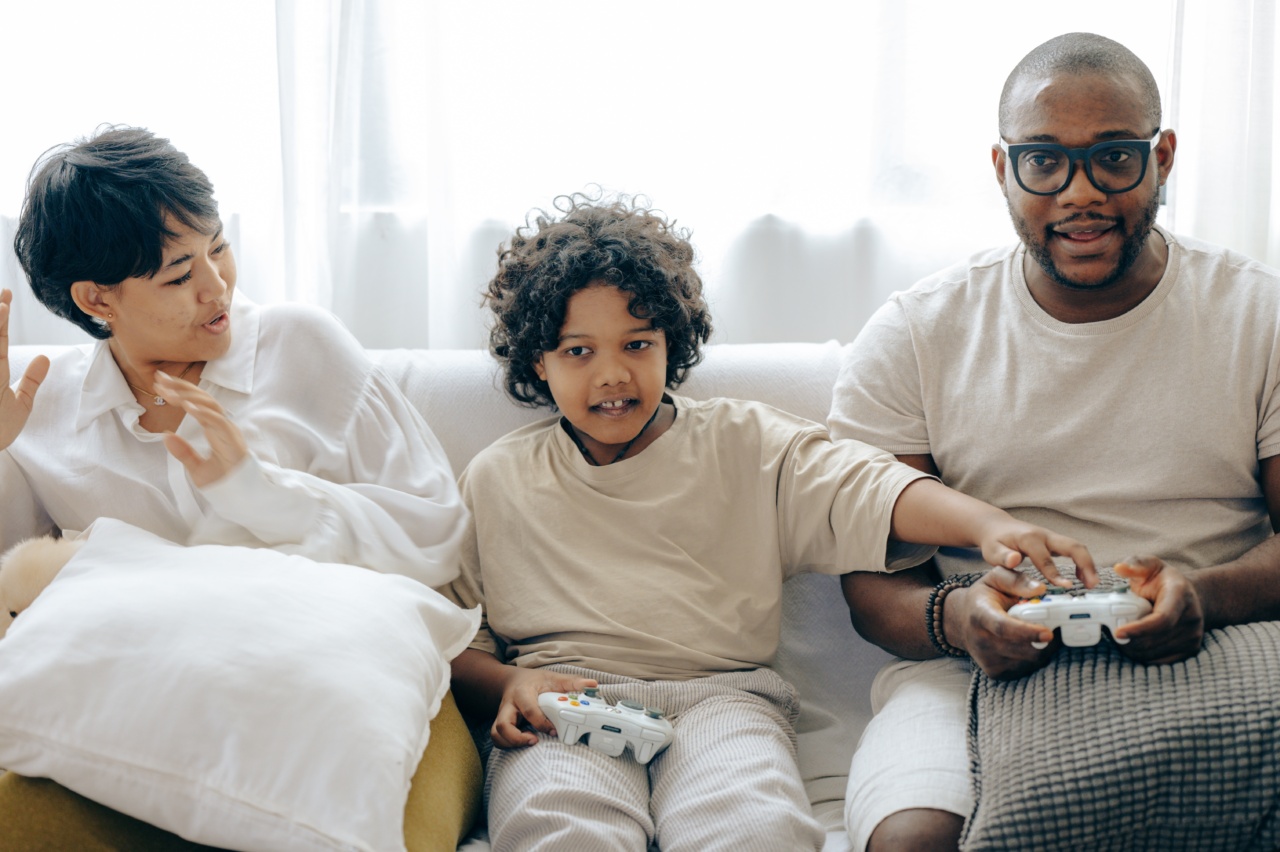In today’s digital age, it has become increasingly common for children to have their own TVs in their bedrooms. This trend, however, is raising concerns among experts and parents alike.
Studies have shown that having a television in a child’s room can have a detrimental effect on their development and well-being. This article explores the negative impact of TVs in kids’ rooms and provides compelling reasons to put an end to this practice.
1. Disrupted Sleep Patterns
One of the most significant reasons to remove TVs from kids’ rooms is the negative impact on their sleep patterns.
Watching television right before bed can make it difficult for children to fall asleep and can lead to disrupted sleep throughout the night. The blue light emitted by screens suppresses the production of melatonin, the hormone responsible for regulating sleep. By removing TVs from their rooms, children can establish healthier sleep routines, leading to improved overall well-being.
2. Decreased Physical Activity
Having a television conveniently placed in a child’s room can lead to a sedentary lifestyle. With easy access to endless entertainment, kids may spend hours glued to the screen, sacrificing active playtime and physical exercise.
This lack of physical activity can contribute to a range of health issues, such as obesity and cardiovascular problems. By removing TVs from their rooms, children are encouraged to engage in more physical activities and develop healthier habits.
3. Impaired Cognitive Development
Excessive television viewing can hinder a child’s cognitive development. When children spend their time passively consuming content on TV, they miss out on more interactive and stimulating activities that promote brain development.
Reading, playing educational games, and engaging in creative play can all provide essential cognitive stimulation that television cannot match. By removing TVs from their rooms, children are encouraged to explore alternative activities that foster intellectual growth.
4. Increased Exposure to Inappropriate Content
Without proper monitoring, children may be exposed to inappropriate content while watching TV in the privacy of their rooms.
With access to various channels and streaming platforms, kids can stumble upon violent, sexual, or overly mature content that can be harmful to their mental and emotional well-being. By keeping the television in communal areas of the house, parents can maintain better control over the content their children are exposed to and engage in discussions about appropriate media consumption.
5. Poor Academic Performance
Research has shown a correlation between excessive television viewing and poor academic performance. Watching TV for extended periods can reduce the time available for homework and studying.
Additionally, the passive nature of TV viewing hinders critical thinking skills and diminishes concentration levels. By removing TVs from their rooms, children are less likely to succumb to distractions and can instead focus on their academic responsibilities.
6. Limited Social Interaction
A television in a child’s room can isolate them from their family members and friends. Instead of spending quality time with loved ones, kids may opt to watch TV alone in their rooms.
This isolation can limit their social growth and impair their ability to develop important social skills. Removing TVs from their rooms encourages children to engage in more face-to-face interactions and strengthen their relationships with others.
7. Increased Consumerism
Television is inundated with advertisements that target children, promoting consumerism and materialism. Having a TV in their room exposes children to a constant barrage of marketing messages that encourage them to want and buy more.
This can lead to a sense of dissatisfaction with what they have and perpetuate a mindset focused on material possessions. By removing TVs from their rooms, parents can minimize the influence of advertising on their children’s lives and encourage them to value experiences over material goods.
8. Distorted Body Image
The media, including television, often presents unrealistic and idealized body images. Continuous exposure to these unrealistic standards can have a negative impact on a child’s self-esteem and body image.
By removing TVs from their rooms, parents can promote a healthier body image and encourage children to focus on their personal strengths and qualities rather than conforming to societal expectations.
9. Lack of Emotional Regulation
TV shows and movies often portray intense emotions and conflicts that can overwhelm young viewers. Without proper guidance, children may struggle to process and understand these emotions, leading to difficulties with emotional regulation.
By watching TV in communal areas, parents can be present to provide support and engage in discussions about emotions, helping children develop healthy emotional regulation skills.
10. Better Family Bonding
Removing TVs from children’s rooms can significantly enhance family bonding. When TVs are restricted to communal spaces, families are more likely to watch shows and movies together, creating opportunities for shared experiences and conversations.
These shared experiences can deepen family connections, allow for meaningful discussions, and foster a sense of unity.































